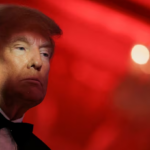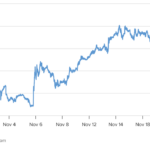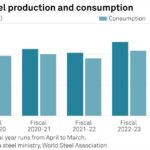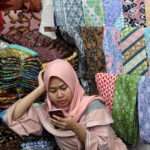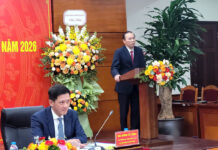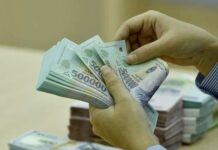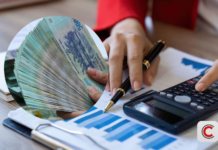This is being hailed as a significant victory for domestic US solar panel manufacturers. They have repeatedly accused these cheap imports of not only damaging their businesses but also undermining government efforts to build a robust domestic supply chain.
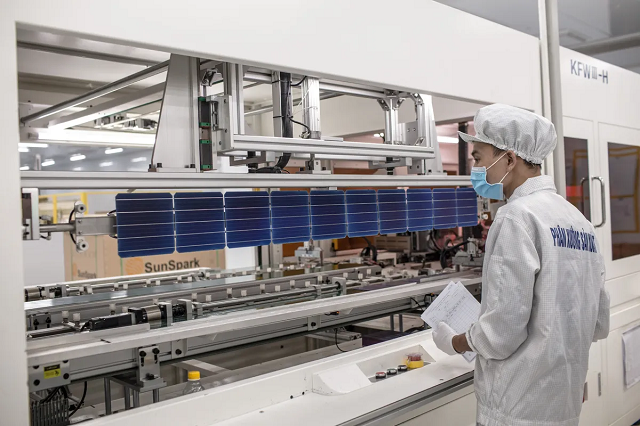
The investigation focused on four Southeast Asian countries: Cambodia, Malaysia, Thailand, and Vietnam, which currently account for a substantial share of the US imports of CSPV cells and related modules. Notably, this announcement comes just two months after a separate preliminary conclusion that found these products also benefited from unfair government subsidies.
Tim Brightbill, the lead lawyer representing the plaintiffs, commented, “These initial duties are commensurate with the market conditions and accurately reflect how these four countries are engaging in unfair trade practices that harm US manufacturing and jobs.”
Following this news, shares of First Solar, one of the largest domestic manufacturers, rose 3.8%, while American depositary receipts of JinkoSolar fell 2.9%.
However, the decision is not without controversy. Many foreign manufacturers and domestic renewable energy developers argue that these tariffs will create an unfair advantage for large US manufacturers and drive up the costs of solar projects.
Of the investigated countries, Cambodia faces the highest tariff at 117.12%. Malaysia’s tariffs range from 17.84% to 81.24%, with Hanwha Q Cells Malaysia being exempt. Vietnam faces tariffs ranging from 53.19% to 56.4% for designated companies, including JA Solar Vietnam Co., Jinko Solar (Vietnam) Industries Company Ltd., Boviet Solar Technology Co., and Trina Solar Energy Development Company Ltd. Other Vietnamese companies face tariffs as high as 271.28%.
The final decision is expected to be announced in April next year, with the potential for these tariffs to be adjusted upward, downward, or even eliminated entirely depending on the investigation’s findings.
Vu Hao (According to Bloomberg)
The Euro Could Pare to USD Parity Due to Trump’s Policies
“The Euro bore the brunt of the damage after Trump’s election victory, and we don’t see this trend abating anytime soon.”
The E-commerce Sales Triple that of Vietnam, but this Southeast Asian Country Still Decides to Severely Cut Sources from Shopee, Lazada, and TikTok Shop as They Foresee a Huge Risk.
The nation’s economy, with a significant contribution of almost 60% to its GDP, is at stake and could potentially collapse if the influx of cheap imported goods sold through e-commerce continues at the current rampant pace.


























